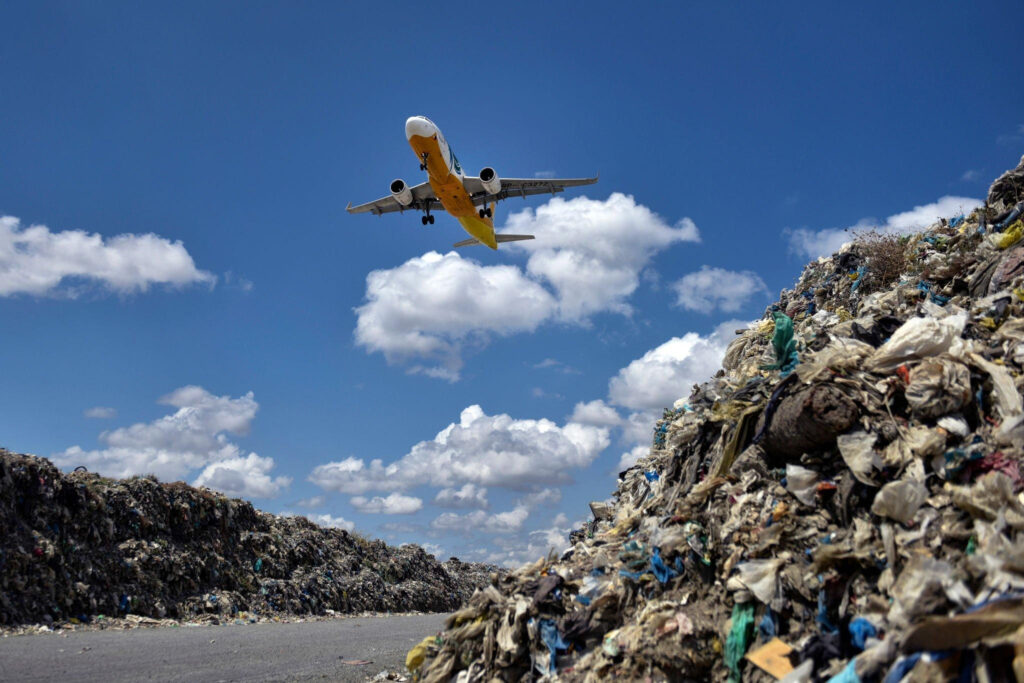Pollution imperils human and planetary health, infiltrating air, water, and soil – the building blocks of life. Slowly, its contamination amasses before manifesting as cancer and disease. Seeking clarity, we recognize creeping neglect when the industry externalizes pollution costs upon public health. Yet through accountability and prevention there is hope to curb Pollution Impacts on Our Health. Our actions today establishing renewable energy, organic food, and closed-loop production can shape a sustainable tomorrow.
Insidious Forms of Invisible Contamination
Air pollution envelops our world in a toxic haze, infiltrating lungs and circulatory systems with invisible contamination. Water pollution quietly taints aquatic ecosystems to imperil marine life and human health through bioaccumulation up the food chain. Soil pollution lets chemicals leach insidiously toward crops and groundwater, amassing over the years before trace amounts magnify into disease. Pollution thereby infiltrates the elemental building blocks of life – air, water, and land – unleashed by unchecked industrial waste, fossil fuel emissions, and reckless chemical usage.
Yet the ensuing impacts on public health often go overlooked and neglected until disaster strikes: cancer clusters, organ damage, infertility, and developmental disorders tied to Pollution’s Impacts on Our Health. Those with the power to prevent pollution must awaken before this creeping decay advances further through our atmosphere, waters, and soil.
Seeking Clarity Among the Fumes, Toxins and Waste
Burning coal, gasoline, and natural gas releases gases and particles that travel deep into the lungs and bloodstream, triggering respiratory distress and disease. Sewage leaks toxins and drug-resistant bacteria into waters used for drinking and recreation, leading to illness spreading invisibly through communities. Chemical pesticides, fertilizers, and other dangerous substances build up in agricultural land and water bodies, altering reproductive functions and child development and destroying local ecosystems and fisheries. Abandoned industrial waste litter developing nations, seeping heavy metals and toxins into soil and aquifers, endangering generations.
The sources of pollution are entwined with patterns of energy use, consumer convenience, animal agriculture, and cheap production that externalize environmental and health costs rather than planning safe, ethical, and sustainable systems from the outset.

The Insidious Health Impacts of Pollution
According to the World Health Organization, diseases linked to pollution contribute to 25% of all deaths worldwide, claiming 9 million lives each year. Yet, we have only begun understanding pollution’s insidious health consequences – from cardiovascular impacts to neurological damage and cancers silently spawned by contaminated air, water, and soil. Particulate matter in air pollution triggers respiratory distress, heart attacks and stroke by entering the bloodstream to cause inflammation and oxidative stress throughout delicate vascular systems.
Babies in the womb and young children are especially vulnerable as developing lungs, brains, and other organs get irreversibly damaged by pollutants carried across the placenta or penetrating immature blood-brain barriers. These developmental effects impact fertility, cognitive function, and risk of disease over the entire lifespan. Meanwhile, toxins like heavy metals silently mutate DNA and alter hormonal signals to instigate cancers that emerge years or decades after initial exposures.
Seeking Clarity Among Complex Causes and Effects
While pollution’s health impacts seem omnipresent, not all is beyond our control. With clearer data and policies enforcing environmental standards, companies responsible for the most egregious pollution can be held accountable to reign in emissions. Citizens concerned with sustainability can help drive markets toward renewable energy, organic agriculture, green chemistry innovations, and responsible product lifecycle management. Lifestyle changes also promise a path less polluted – lowering energy use, minimizing needless plastic waste, and choosing cleaner transport options.
Increased monitoring provides transparency and benchmarks to target interventions, incentivize progress, and plan healthier cities rooted in environmental justice rather than unchecked industry. Our collective actions can yet redeem pollution’s profound intergenerational costs – protecting vulnerable groups, conserving nature’s balance, and ensuring a livable world where all can breathe easy, drink clean water, and harvest safe, nourishing food to feed healthy families.

Pollution Impacts on Our Health
The impacts of pollution on human and environmental health are profound, contributing to 1 in 4 deaths worldwide. Yet awareness of pollution’s insidious harms instills hope through responsible action. We now recognize the creeping injustices when corporations bypass ethical choices to externalize contamination costs upon public health silently. Transition now underway values transparency, accountability, and prevention – creating markets for renewable energy, organic food, and safe products with closed-loop lifecycles.
Promising technologies remediate past harms alongside lifestyle changes that minimize needless waste. Though the road lies long, momentum gathers from awakened citizens who breathe deeply of clean air, harvest organic foods from replenished soils, and drink purified water – knowing Pollution Impacts on Our Health recede with each wise choice reverberating for generations to come. Our children shall inherit a sustainable world where economic priorities align with climate imperatives and enlightened policies to advance health and justice for all.

1 Comment
Pingback: What Is Air Quality : Why Testing 5 Things Matters - Wrxnews.com